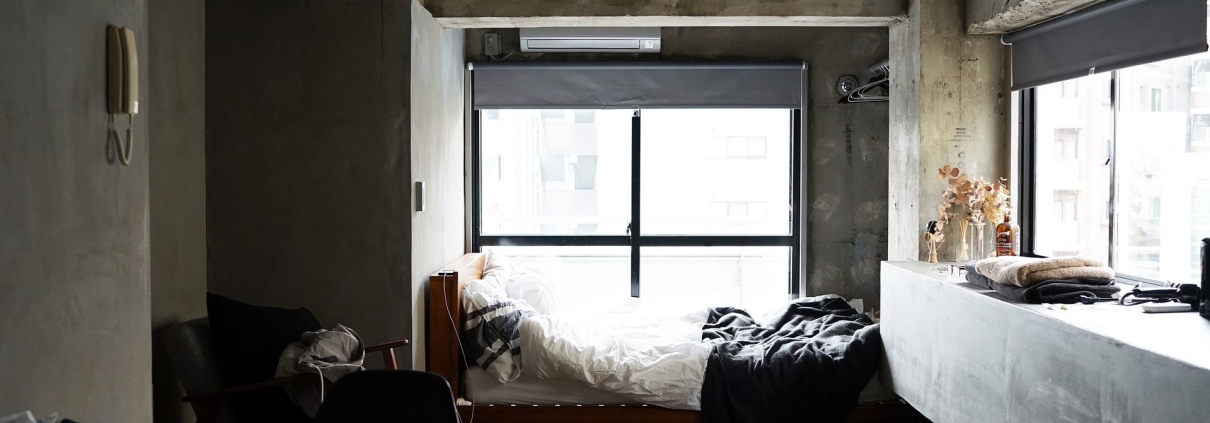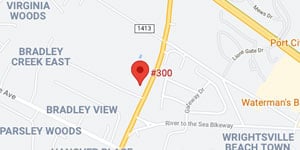
When a Ceiling Collapses in Public Housing
A man in Brooklyn who lived on the top floor of the Weeksville Gardens Public Housing Development in Crown Heights was woken up around 2 a.m. by a loud noise. The ceiling in an adjoining bedroom had collapsed on top of Daniel Jeter Sr.’s girlfriend and son. Jeter rushed in and was able to pull the two from the plaster, insulation, and other debris. No one was seriously injured; however, this public housing complex has had similar collapses in the last year. The family said they didn’t have insurance to cover this type of event and will likely pursue some legal assistance.
The New York City Housing Authority (NYCHA) discussed the incident, stating the collapse was “unacceptable” and that their staff was actively repairing the unit. They expressed their commitment to providing residents with “safe and clean” housing. The NYCHA is comparatively large, with 326 public housing locations across the five boroughs of the city. There are more than 400,000 residents in NYCHA-owned properties—and roughly 7% of the city’s residents benefit from the organization. We hope they do the right thing and assist this family in paying for their losses.
So what happens when a ceiling collapses in North Carolina? Who may be held responsible?
If you live in public housing in North Carolina, recovery is very complex. Public housing authorities are generally municipal corporations that have governmental immunity. Governmental immunity can prevent recovery unless the housing authority has waived its immunity by purchasing insurance.
Landlords
Under the Residential Rental Agreements Act, landlords must “repair or remedy any imminently dangerous condition on the premises after acquiring actual knowledge or receiving notice of the condition.” (N.C.G.S. 42-42(a)(8)). Therefore, if you notice a dangerous condition in your rented residence, it is usually best to notify your landlord in writing as soon as you notice the condition. However, even if you do not notify your landlord of the dangerous condition or if you have no reason to be aware of the dangerous condition, the landlord may still be held responsible under many conditions.
It is recommended that you seek assistance from a local attorney. At Rhine Law Firm, P.C., we provide rigorous representation for those harmed by collapses and other construction defects. Call us at (910) 772-9960 for a free consultation today.
About Us
Rhine Law Firm, P.C. serves clients throughout North Carolina and nationwide, specializing in complex civil litigation led by Joel Rhine. With expertise in personal injury, car accidents, property damage, sex abuse, and more, the firm is passionate about taking on challenging cases. They emphasize providing personalized legal representation, prioritizing their clients’ best interests while offering state-of-the-art legal strategies. Rhine Law Firm’s dedicated attorneys enjoy the fight for justice and are committed to guiding clients through complicated legal processes. The firm offers free consultations, flexible appointment scheduling, and Spanish language services.




